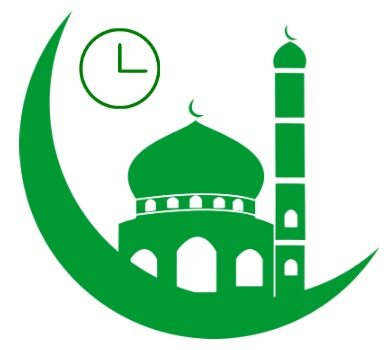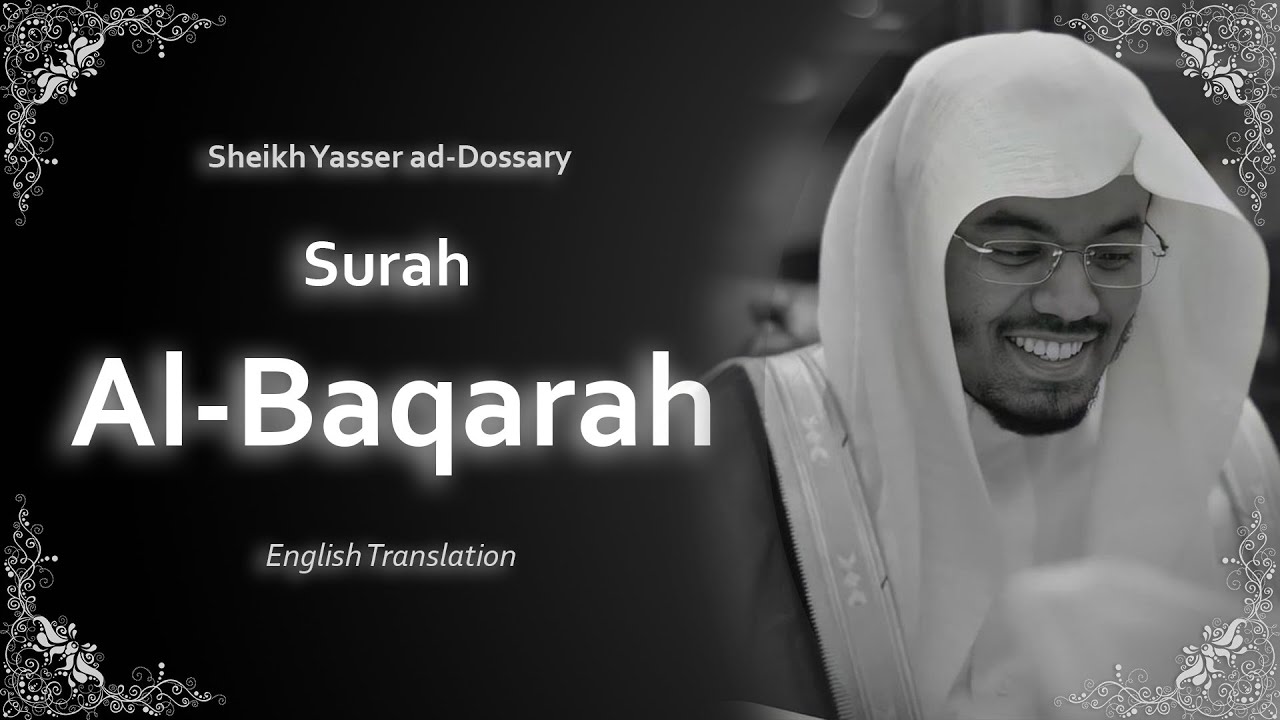Surah Al Baqarah 1-286 is the longest chapter of the Holy Quran, consisting of 286 verses (ayahs). It holds immense significance in the life of every Muslim. This article will provide you a complete overview of Surah Al Baqarah 1-286, its meaning, translation, tafseer, benefits, and virtues. If you are looking for detailed information about Surah Al Baqarah 1-286, you are at the right place.
What is Surah Al Baqarah?
Surah Al Baqarah (The Cow) is the 2nd chapter of the Holy Quran. It was revealed in Madinah and it covers various aspects of Islamic law, guidance, stories of previous prophets, and Allah’s commands for believers.
- Name: Surah Al Baqarah
- Revealed In: Madinah
- Total Ayahs: 286
- Total Rukus: 40
- Position: 2nd Surah in the Quran
Surah Al-Baqarah 1-286 is the longest chapter in the Holy Quran, containing essential guidance for mankind. It was revealed in Madinah and addresses various aspects of faith, worship, law, morality, and life.
Structure of Surah Al-Baqarah 1-286
Surah Al-Baqarah is beautifully divided into multiple themes:
| Section | Verses | Topics |
|---|---|---|
| 1 | 1-5 | Characteristics of believers |
| 2 | 6-20 | Disbelievers and hypocrites |
| 3 | 21-39 | Creation of Adam (AS) |
| 4 | 40-103 | Bani Israel’s history |
| 5 | 104-141 | Guidance for Muslims |
| 6 | 142-152 | Change of Qibla |
| 7 | 153-176 | Laws of patience, fasting, charity |
| 8 | 177-242 | Laws of marriage, divorce, inheritance |
| 9 | 243-253 | Life after death, Prophets’ stories |
| 10 | 254-286 | Belief, spending, Ayatul Kursi, debt, supplications |
Detailed Explanation of Surah Al-Baqarah 1-286
Verses 1-5: Qualities of the Believers
“Alif Lam Meem. This is the Book about which there is no doubt, a guidance for those conscious of Allah…” (2:1-2)
- Faith in unseen
- Prayer (Salah)
- Spending in charity
- Belief in all prophets and revelations
Verses 6-20: Disbelievers & Hypocrites
- Description of those who reject truth
- The condition of hypocrites whose hearts are diseased
Verses 21-39: Creation of Adam (AS)
- Allah addresses mankind to worship Him alone
- Story of Adam’s creation, his test, and eventual repentance
- Shaytan’s enmity toward mankind
Verses 40-103: Bani Israel (Children of Israel)
- Their favors from Allah
- Their continuous disobedience
- Miracles shown to them
- Warnings to current believers not to follow their path
Verses 104-141: Guidance for the Muslim Ummah
- Emphasis on following Allah’s commands
- The story of Prophet Ibrahim (AS) and the building of the Kaaba
Verses 142-152: Change of Qibla
- Shift of prayer direction from Jerusalem to Kaaba
- Test of true believers
Verses 153-176: Laws of Fasting, Charity, Patience
- Fasting prescribed in Ramadan (2:183)
- Charity and care for the poor
- Protection of life and justice
- Hajj rituals
Verses 177-242: Laws of Society
- Laws on:
- Marriage and divorce
- Inheritance
- Business transactions
- War and peace
Verses 243-253: Stories of Life after Death and Prophets
- Revival of the dead as a sign of Allah’s power
- Story of Talut and Jalut (Saul and Goliath)
- Role of Dawud (AS) as king and prophet
Verses 254-286: Belief, Spending, Ayatul Kursi, and Supplications
- The concept of spending in Allah’s cause
- Ayatul Kursi (Verse 255):
“Allah! There is no deity except Him, the Ever-Living, Sustainer of [all] existence…”
- The longest verse of the Quran (Verse 282) about debt
- The beautiful concluding supplication:
“Our Lord! Do not impose blame upon us if we have forgotten or erred…” (2:286)
Benefits of Reciting Surah Al-Baqarah 1-286
- Protection from Shaytan: “Shaytan flees from the house where Surah Al-Baqarah is recited.” (Sahih Muslim)
- Barakah (Blessings) in Home
- Shield from Black Magic and Evil Eye
- Spiritual Healing and Peace of Heart
- Ayatul Kursi is regarded as the most powerful verse for protection.
Virtues of Surah Al-Baqarah 1-286
- The Prophet Muhammad (PBUH) said: “Read Surah Al-Baqarah, for taking recourse to it is a blessing and abandoning it is a cause of grief.” (Sahih Muslim)
- Angels descend during its recitation.
- Its final two verses (285-286) were gifted directly from Allah during the Prophet’s Ascension (Mi’raj).

